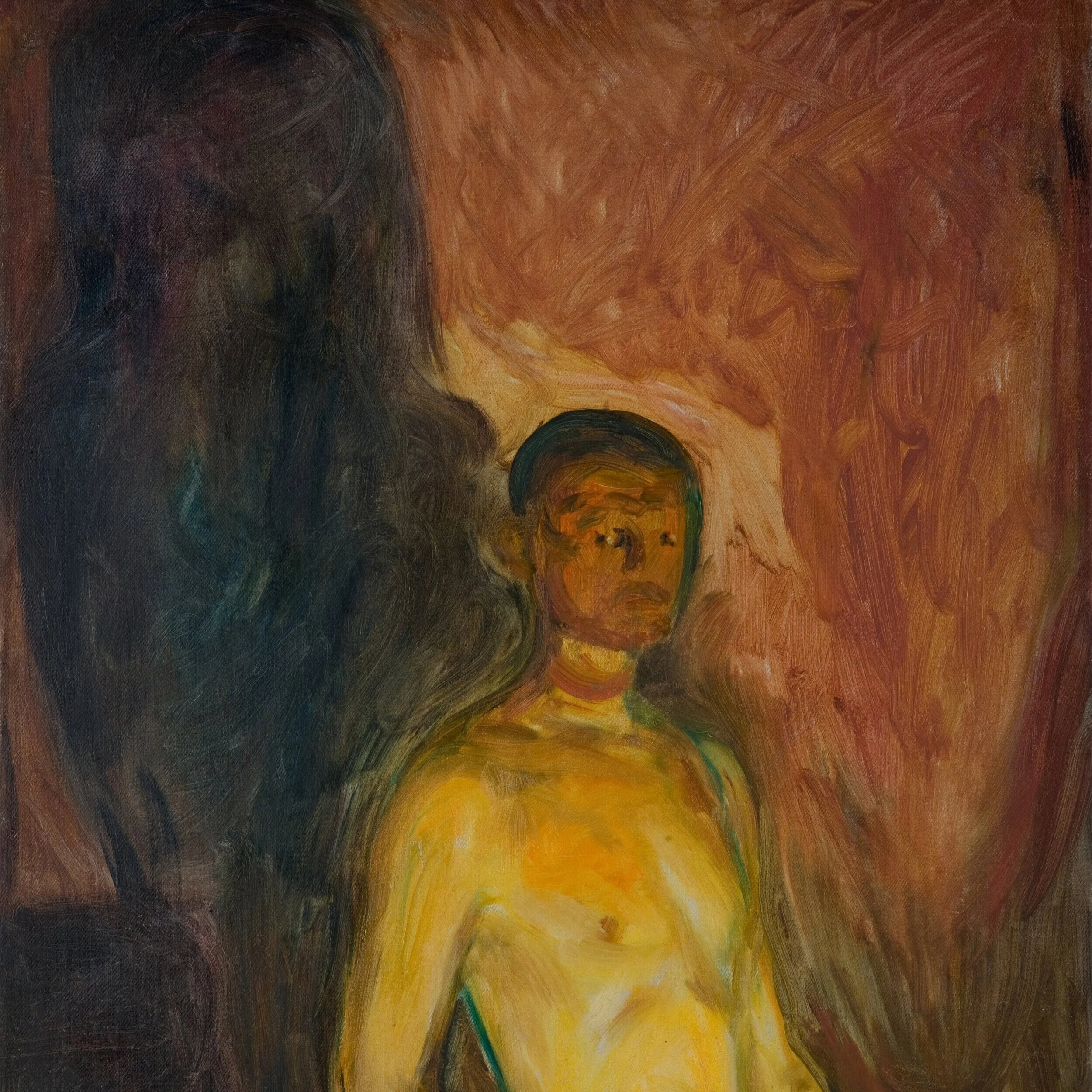Dark Times and the Principle of Hope
A group of our final year Durham Theology and Religion undergraduates have been meeting weekly by Zoom during the long months of lockdown to reflect together on unfolding events.
The resulting blogs are collected below.
In order to respond effectively to the impacts of coronavirus in the coming weeks, months and years it might be profitable to utilize the concept of “affliction” developed by French philosopher and Christian mystic Simone Weil.
A new government was elected with a landslide. At last, a government and a leader who would save us from all our difficulties. The Prime Minister was the embodiment of what was needed – optimism. Get things done! The people celebrated and rallied to the flag…
This disruption of our daily monotonous routine illuminates what constitutes normalcy and unmasks the power structures that frame the function of everyday life. These powers of exception reveal us to ourselves rather than simply innovate. As a consequence, we are confronted with understanding citizenship from a different perspective in recognizing this power.
The coronavirus is a public health crisis with serious global social implications. Like all emergencies, the virus has not affected everyone in the same manner. The UK government implored its citizens to ‘stay home’ in order to slow the spread of the disease. As a population, we withdrew from the public realm with the intent to save lives and protect our NHS; our homes were marked as places of relative safety. However, for many this was not the case. The restrictions imposed had different repercussions for many and the reality of living under lockdown meant that new dangers were able to flourish.
Houses adorned with rainbows have become a common sight during lockdown. Usually in the form of children’s drawings stuck in windows, the rainbow has become a symbol of support for the NHS. From streets in Bradford to 10 Downing Street, from school playgrounds to Kensington Palace, the symbol of the rainbow in support of the NHS appears to have been adopted at every level of the political.
We must notice where the state wishes to celebrate aspects of community action to support its own agenda, whitewashing its roots, and refusing to recognise the radical politics from which it sprung, and the demands accompanying it.
Whilst the pandemic and global responses are ever-changing, one might have hoped that numbers and data could provide a steady and fair basis for comparison. Instead, it appears that even statistical information cannot escape the grasp of politics.
One day we will wake up to the news that there are no new cases of COVID-19. The British Prime Minister will take to the podium outside Number 10; he will announce an end to the lingering threat of new lockdowns and lift social distancing measures. This is the day we imagine, somewhere in our future, when life will seemingly go back to normal. But will we be happy with normal?









